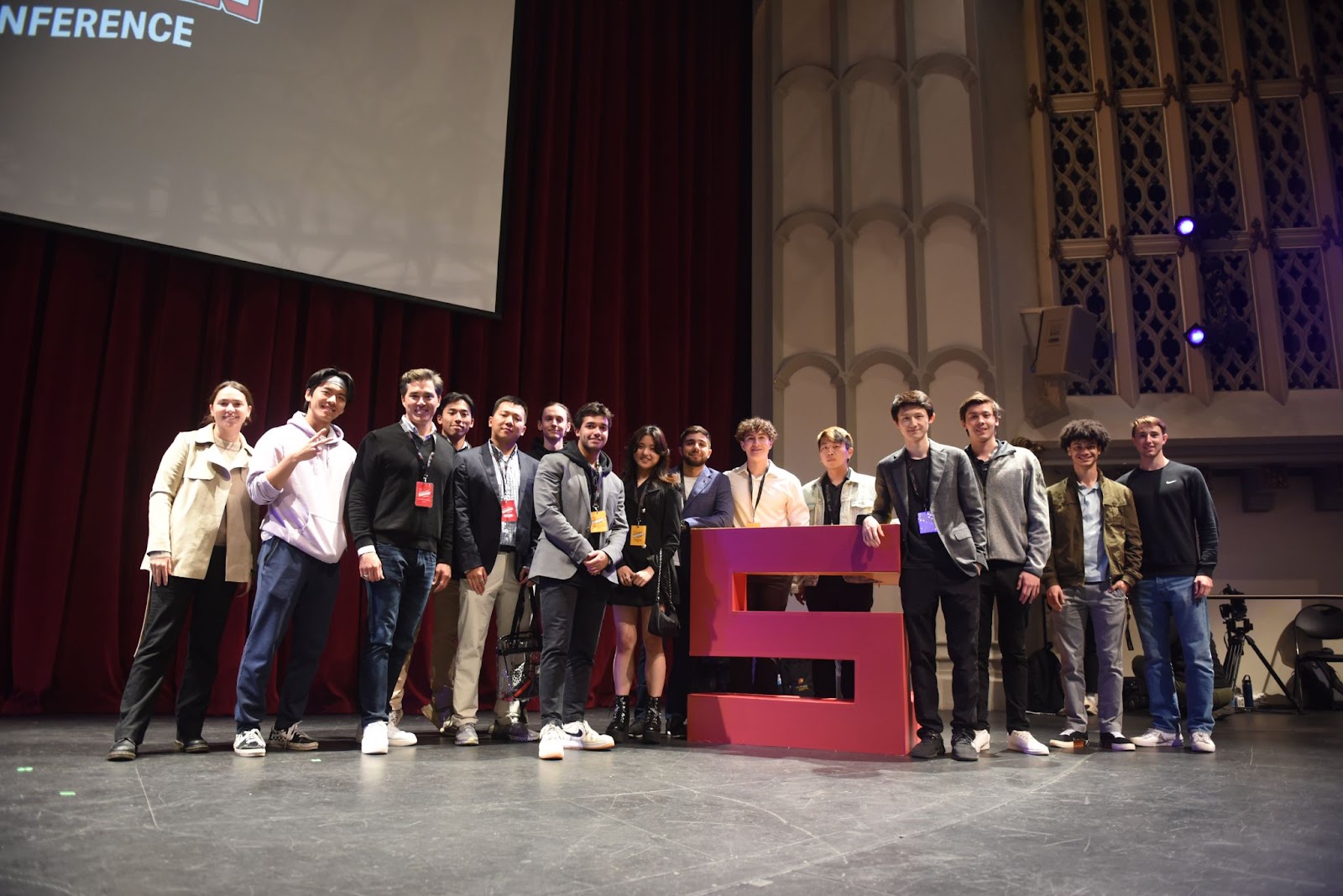KBank takes challenger banks with fintech to reach the grassroots

Competition from challenger banks

The leading fintech analysis company Burnmark says there are three types of challenger banks.
First is Embryonic Challengers – which operates through mobile apps in collaboration with banks.
Second is Real Challengers – which have received banking licenses and mainly use digital channels to communicate with customers.
Third is Pseudo Challengers – digital start-up of existing banks.
Burnmark says challenger banks are more competitive because they have much lower costs, as well as low risk since their products are based on a customer-centric approach.
In 2015, British challenger banks recorded a total profit of £ 194 million against a fall of £ 5.6 billion for the top five UK banks (Barclays, HSBC, Lloyd’s, Royal Bank of Scotland and Santander), according to KPMG International.
Kattiya admitted that the challenging banks are now shaking the banking industry around the world by using new technology to reach out to people.
She said challenger banks attract customers by eliminating complicated procedures via simple and user-friendly services that can be accessed anytime, anywhere.
KBank, however, had learned their strengths and adopted them, she added.
“We see ourselves as the first bank in Thailand with the character of a challenger bank because we have integrated their DNA into our services.”

One goal is to place financial services and advice within reach of the creative and dynamic new generation, the CEO continued.
“We want to reach more people with our loans, who do not need security.” Loan approval is instead based on customers’ ability to repay the debt. They can also apply from home or work. “We want to get rid of procedures and paperwork and make everything as easy and fast as possible.”
She said that KBank’s new challenger DNA also helped the grassroots, freelancers and micro-enterprises escape the jaws of loan sharks.
KBank will invest 22 billion baht in new technologies and systems this year, and add the 12.7 billion they have spent the last two years, she added.
It will also invest around 30 billion baht to buy or partner with up to five companies over the next 12 months.
The benefits of this technological push are already being felt by customers, Kattiya said.
For example, it only takes a few minutes to open a new bank account online for current customers (new customers have to wait 24-72 hours for ID checks).
In the meantime, those with online accounts can apply for loans without visiting a branch. Once approved, the loans are credited to their accounts within 30 minutes.
Kattiya pointed out that this process used to take weeks. And the 30-minute loan service will soon be extended to customers who do not have accounts in Kbank.
The bank is also a pioneer in so-called “buy-now-pay-later” loans for freelancers and people without a fixed income. The new service approves around 1600 loans per day on average 1500 Bt with a maximum of 20,000 Bt.
It has also partnered with Line to offer loans to low-income people, freelancers and people who are nervous about visiting branches. The loan service Line BK uses algorithms and social media to approve loans within five minutes for existing customers and 24 hours for those without a KBank account.
One third of Line BK customers are first-time borrowers, while almost half are freelance workers or earn less than Bt15,000 per month. The service aims to expand loans to 200,000 people this year.
Kattiya added that the bank is in talks to provide unsecured loans to small suppliers and their customers in the catchment area.
























